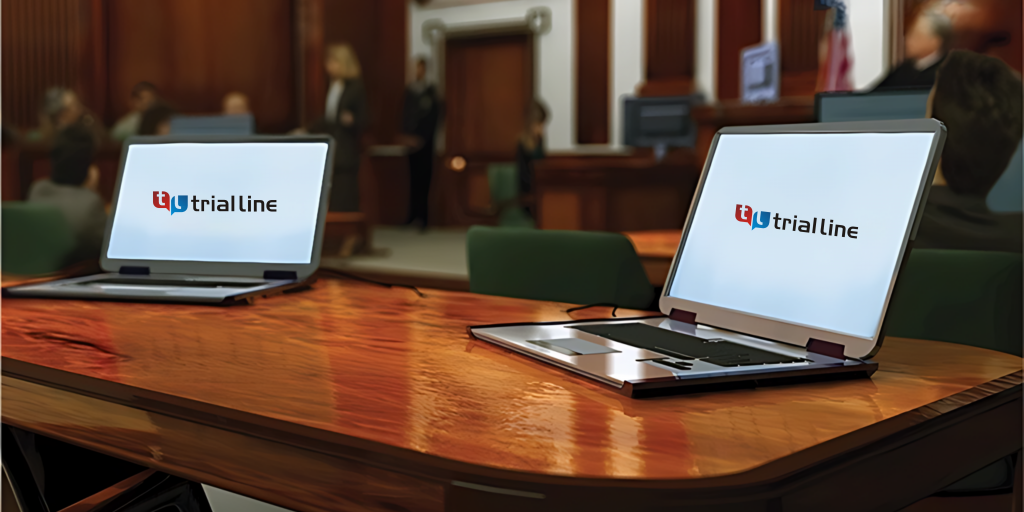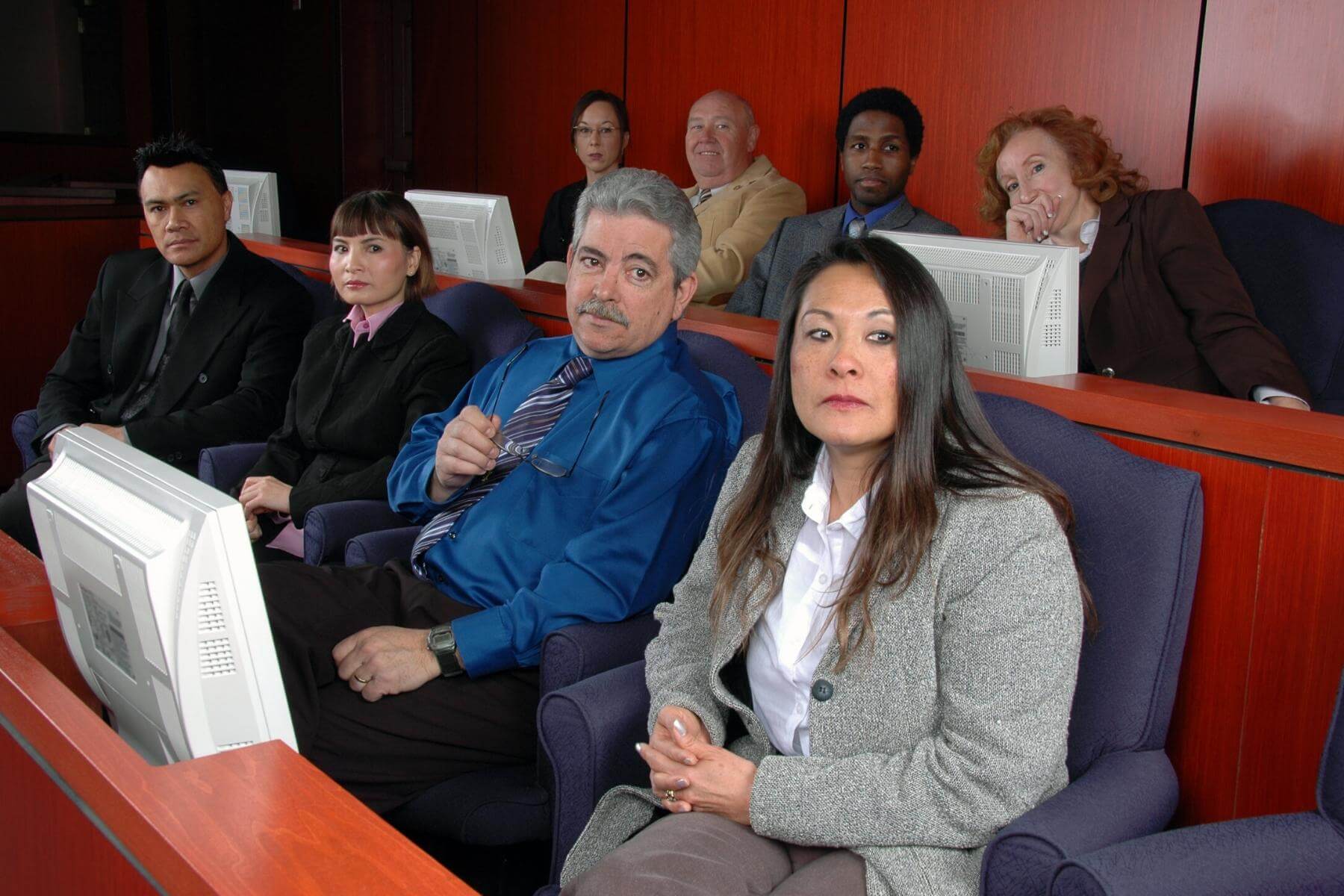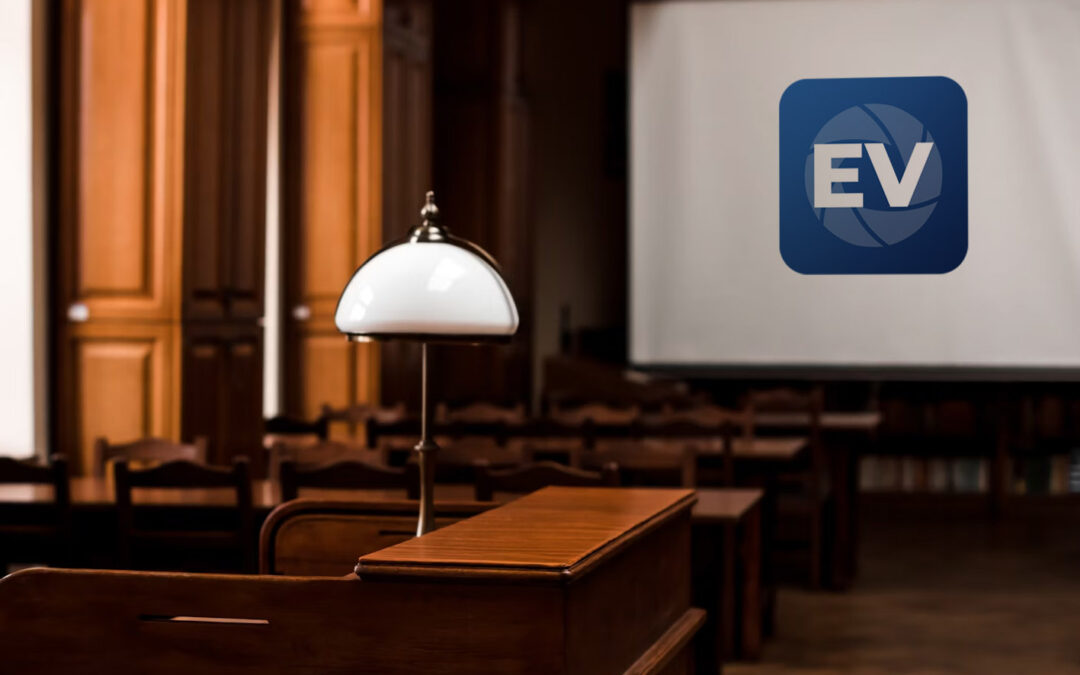How Trial Presentations Enhance Your Argument and Persuade Jurors
Trial presentations offer as a pivotal mechanism for boosting legal arguments and encouraging jurors. The calculated usage of visuals not only clears up complex details yet additionally captures jurors' focus much more effectively than words alone.

Relevance of Visual Help
Aesthetic aids play an essential role in boosting the efficiency of trial discussions, as they can significantly enhance target market interaction and retention of information. In the context of a trial, where jurors are tasked with processing complex information, visual aids offer to streamline and clear up key factors. Charts, charts, and images can communicate data and concepts that may otherwise bewilder or puzzle jurors, enabling a more uncomplicated understanding of the proof offered.
Additionally, aesthetic aids aid in preserving juror focus throughout the process. By breaking the monotony of verbal testament, these devices can punctuate critical debates, making them a lot more unforgettable. Effective visual help can likewise evoke emotional feedbacks, which can be crucial in encouraging jurors to align with the presenter's narrative.

Crafting Compelling Narratives
A compelling narrative is necessary in trial presentations, as it serves as the backbone of effective persuasion. It enables attorneys to weave with each other truths, evidence, and psychological aspects right into a systematic tale that reverberates with jurors. This narrative structure enables jurors to understand the complexities of the instance while guiding them with the attorney's argument.
To craft a compelling story, lawyers must concentrate on clarity and coherence. This involves developing a clear lead character-- usually the client-- and outlining their trip with the events in question. Presenting the realities in a rational series improves comprehension and keeps interaction. Furthermore, using dazzling descriptions can develop mental photos that assist jurors visualize the occasions, making the narrative more remarkable.
In addition, incorporating crucial styles throughout the presentation reinforces the core message and help in retention - trial presentations. The story must not only convey information yet additionally evoke a sense of justice, highlighting the risks entailed. Eventually, a well-constructed story cultivates a connection between the jurors and the instance, placing the attorney's debate as both trustworthy and compelling, therefore raising the probability of a beneficial verdict

Involving the Jury Psychologically
Effective court involvement pivots on the lawyer's ability to link with jurors on a psychological degree. This connection can considerably affect jurors' perceptions and their supreme decision-making.
Aesthetic help, such as photographs or videos, can additionally enhance emotional interaction, giving jurors with vivid representations of the situation's human components. Crafting a narrative that highlights the struggles and accomplishments of the people involved guarantees that jurors see past the lawful debates and identify the human consequences of their decisions.
A lawyer's passionate shipment can resonate visit site with jurors, reinforcing their psychological financial investment in the situation. It's vital to balance emotional allures with valid evidence, guaranteeing that jurors feel urged to act while continuing to be grounded in the truth.
Structuring Your Discussion

The body of the presentation need to be rationally segmented right into crucial points, each sustained by compelling proof. It is useful to use narration techniques to weave realities into a story that jurors can quickly follow. Aesthetic aids, such as charts and video clips, can improve understanding and interaction, helping to highlight important pieces of proof.
Real-World Study
Taking a look at real-world instance studies offers vital understandings right into the art click to read more of test discussions and persuasion. The protection team effectively utilized an approach that incorporated the original source high-profile specialist testimonies with multimedia presentations, which astounded jurors and eventually influenced their decision.
Another notable example is the "McDonald's Coffee Case," where the plaintiff's attorneys utilized graphic images of the injuries suffered by Stella Liebeck. trial presentations. This plain visual evidence played an important function in communicating the intensity of her burns, causing a considerable jury award. Such cases demonstrate that impactful test discussions usually rest on the reliable combination of visuals and storytelling to evoke emotional responses from jurors
In addition, the "Casey Anthony Test" highlighted the value of narrative comprehensibility and integrity. The prosecution's failure to establish a compelling timeline decreased their persuasive power, underscoring the need of a well-structured discussion. Evaluating these cases discloses that effective trial discussions call for tactical planning, psychological interaction, and the ability to reverberate with jurors' worths and beliefs.
Verdict
Trial discussions significantly improve arguments and convince jurors via the tactical usage of visual aids, engaging stories, and emotional interaction. A well-structured discussion balances psychological allures with factual evidence, inevitably resonating with jurors' values.